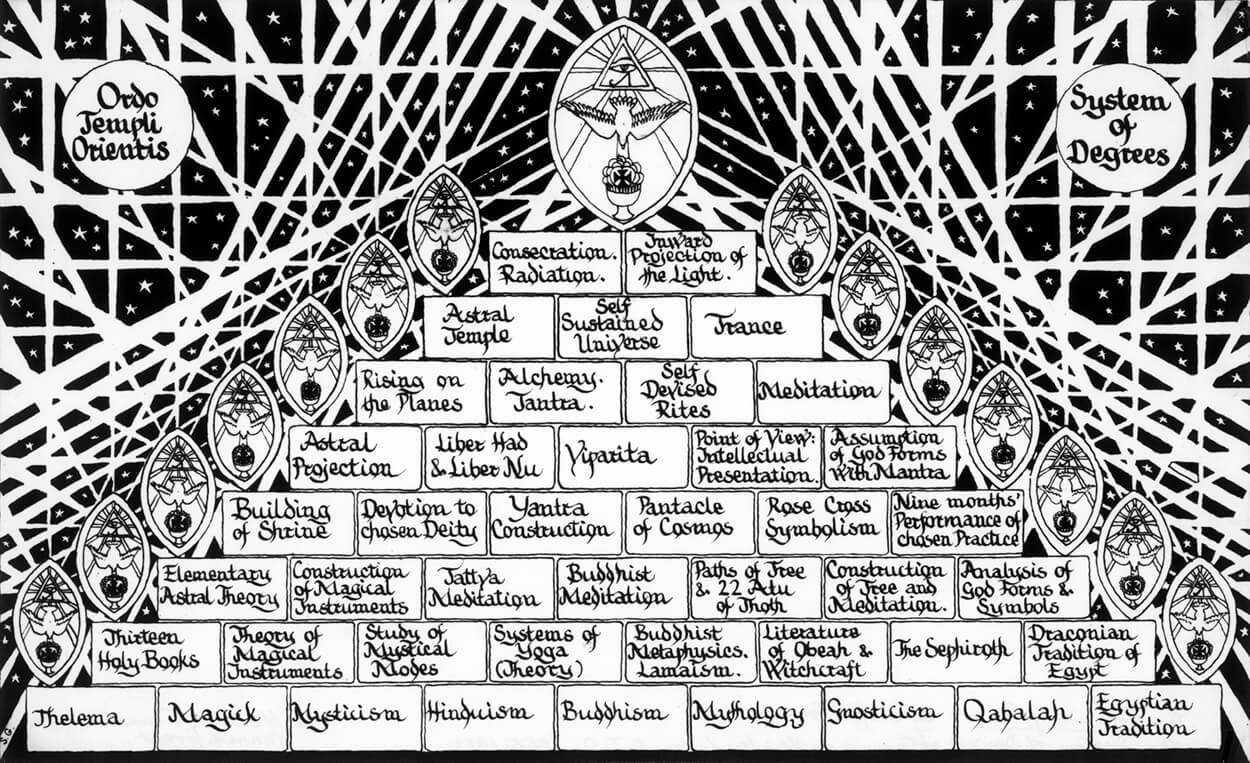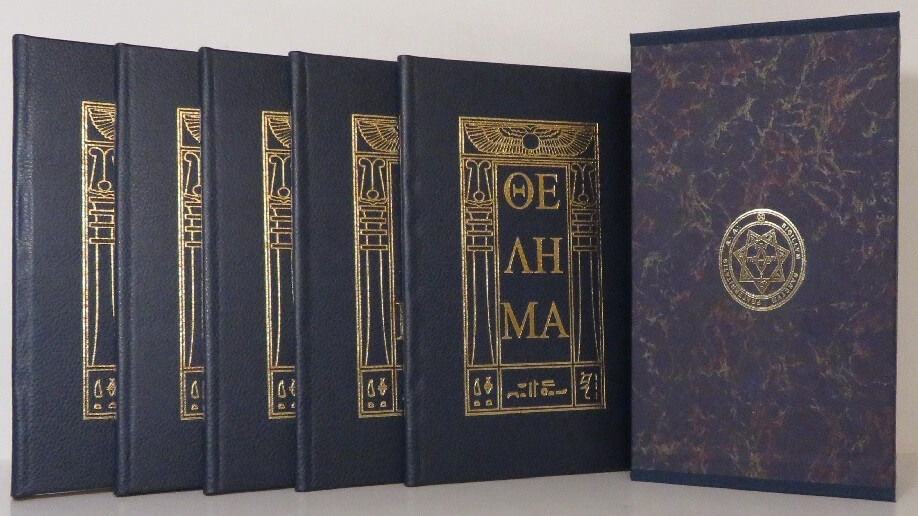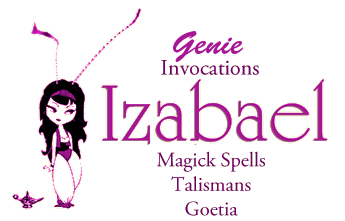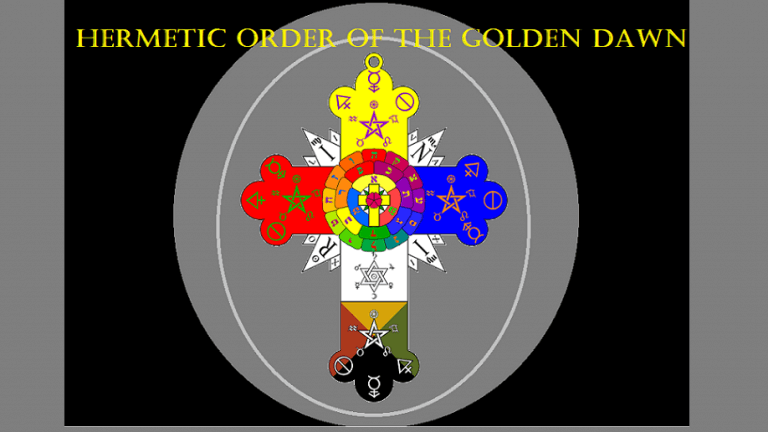AN OVERVIEW OF THELEMA
Thelema is a Greek term that refers to “intention” or “will”. Also, it is used to refer to a new religious movement formed over the past century or so and is currently progressively becoming established globally. A story was told about the foundation of the “Abbey of Thelema”- an institution meant to be an advancement of human ideals identified by Rabelais as being fairly opposite to the existing Christian behaviors of the time. The basic rule of the Abbey of Thelema remains “Do what thou wilt”, that is still the primary tenets of the Thelemic religion at the moment. Even though it is touched upon by different outstanding utopian thinkers in the subsequent few hundred years, it evident that what was sown by Rabelais lastly bared fruits when Aleister Crowley developed it in the earlier days of the century.
Thelemic pantheon that signifies a group of gods and goddesses who served as metaphors or archetypes comprises some deities a trio modified from old Egyptian religion. From the Book of the Law, these are Hadi, Nuit, and the Ra-Hoor-Khuit. At some point, Crowley termed these deities as simply a “literary convenience”.
Various definitions of Thelema.
- Classical Greek
In classical Greek, the term ‘Thelema’ is hardly used. There are only a few documents one being the Antiphon the Sophist which was the first in the 5th Century. In obsolescence, it was by the supreme will which a man performs, merely as much for the inclination of sexual obsession. The objective of the individual was less known as a general ontological point wherever it was decided. The term ‘thelo’ comes quite early and carries the implications of ‘desire’, ‘decide’, and ‘ready’ and in the sense of sexual context.
In the book de plantis, Aristotle says that the purpose of the individual will is the judgment- as opposed to the plants that luck ‘epithymia’ as put by the author to mean ‘Thelema’. The Aristoteles alludes that the ‘Thelema’ has evolved here and that ‘Thelema’ should impartial not somewhat morally defined, the selfish driving power in man.
- Old Testament
Regarding the Old Testament, Septuaginta uses the term to refer to the will of God, the religious passion of the fearing of God, and the sovereign will of an earthly ruler. Therefore, it is only applied for the description of great ethical enthusiasm in the faith, the application of jurisdiction by the authorities. Also, it is used for non-human discretion, yet not for more temporal striving. In the version of the Septuaginta (the Greek Old Testament), the word Thelema and boule arise, while in the Vulgate document, the phrases are transcribed into the Latin as voluntas meaning ‘will’. Hence, the diverse definition of both ideas was lost.
- New Testament
Things are a bit different in the New Testament. For example, the Thelema is mentioned about 64 times in the Koine, two times as Thelemata (Plural). In this case, the will of God is ever and particularly characterized by the term “Thelema”. Similarly, the term is employed in the Ignatius of Antioch and the Apostle Paul. For Tolli, this means that the actual concept of Thelema does not oppose the teachings of Jesus.
 Common laws of Thelema
Common laws of Thelema
First, the Thelema recognizes that everyone is different and has a unique way in an open world in which they can freely move without interference.
Secondly, the law gives the power that each person pursues their true will to achieve their goals in life and liberty from the limitation of their nature. The law too forbids one from conflicting with the true will of others. The Thelemites cherish the notion that everyone has the complete liberty to pursue their will. The major task of an individual following the law of the Thelema is to prioritize discovering their true will furnishing means of self-exploration like magick exceptional value. Moreover, every True will is unique, and since every individual has a novel perspective of the world, no one can define the True Will for other individuals. Everyone has to come to the discovery in their ways.
The primary nature of Thelema is the law of love. It recognizes that every individual unites with their true oneself Love leading to empowerment thus the whole universe of conscious people unites with each other and leave in Love.







